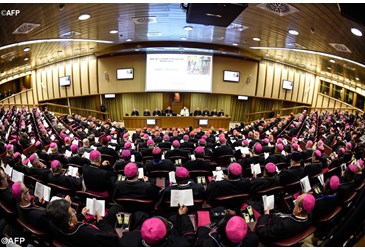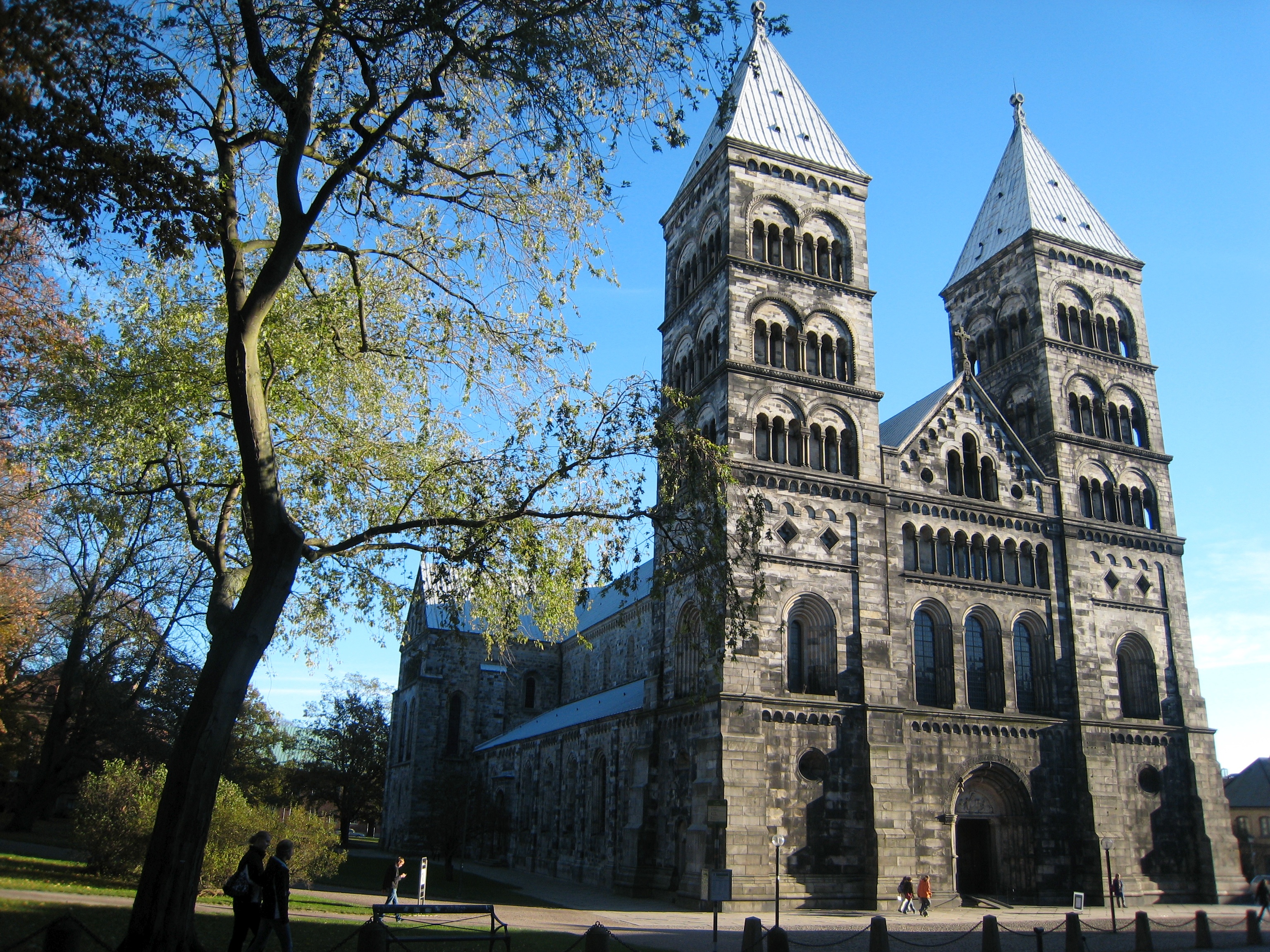 (Vatican Radio) Pope Francis’s highly-anticipated post-synodal Apostolic Exhortation, “Amoris Laetitia” (The Joy of Love) on love in the family will be released on Friday 8th April. The Vatican said the Exhortation will be presented to journalists at the Holy See’s Press Office on Friday 8th April at 11.30.
(Vatican Radio) Pope Francis’s highly-anticipated post-synodal Apostolic Exhortation, “Amoris Laetitia” (The Joy of Love) on love in the family will be released on Friday 8th April. The Vatican said the Exhortation will be presented to journalists at the Holy See’s Press Office on Friday 8th April at 11.30.
The text of the Apostolic Exhortation in Italian, French, English, German, Spanish and Portuguese (in paper and/or digital format) will be available to accredited journalists from 8.00 a.m. (Rome time) on Friday 8th April. However, the document will remain under embargo until 12 noon that day.
The panel of speakers at the press conference will include: Cardinal Lorenzo Baldisseri, general secretary of the Synod of Bishops; Cardinal Christoph Schönborn, O.P., archbishop of Vienna, and an Italian married couple: Professor Francesco Miano, lecturer in moral philosophy at Rome’s University of Tor Vergata, and his wife, Professor Giuseppina De Simone in Miano, lecturer in philosophy at the Theological Faculty of Southern Italy in Naples.
A simultaneous translation service will be available in Italian, English and Spanish. The Press Conference can be seen via live streaming (audio-video) on the site: http://player.rv.va (Vatican Player, Vatican Radio) where it will subsequently remain available on demand.

 Pope Francis begins Sunday his fourth year as leader of the global Roman Catholic church. NCR wanted to mark the occasion by dipping into the some 2,500 stories we published mentioning the Argentine pontiff in 2015 and early 2016. Below are links to many of our reports accompanying the pope around the globe in the past year, followed by some of the most striking statements of his travels.
Pope Francis begins Sunday his fourth year as leader of the global Roman Catholic church. NCR wanted to mark the occasion by dipping into the some 2,500 stories we published mentioning the Argentine pontiff in 2015 and early 2016. Below are links to many of our reports accompanying the pope around the globe in the past year, followed by some of the most striking statements of his travels.
 Convention ‘Council 50’: Towards a Church – Inspired by the Gospel – for the world’ with more than 100 delegates of worldwide catholic reform movements in Rome, November 20-22, 2015.
Convention ‘Council 50’: Towards a Church – Inspired by the Gospel – for the world’ with more than 100 delegates of worldwide catholic reform movements in Rome, November 20-22, 2015. Soon it will be the 50th anniversary of the signing of the Catacomb Pact, in which 40 Bishops and Council Fathers of the Second Vatican Councils committed themselves to a Church of the Poor. An occasion which has been all but forgotten for some time, but whose groundbreaking character manifests itself again in view of the disputes recently initiated in the Catholic Church by Pope Frances. Following the motto „Remembering and renewing the Pact of the Catacombs“ it is the aim of a congregation of more than two-hundred Christians to bring this pact to the attention of the public once more and at the same time highlight the importance of a Church standing alongside the poor and excluded.
Soon it will be the 50th anniversary of the signing of the Catacomb Pact, in which 40 Bishops and Council Fathers of the Second Vatican Councils committed themselves to a Church of the Poor. An occasion which has been all but forgotten for some time, but whose groundbreaking character manifests itself again in view of the disputes recently initiated in the Catholic Church by Pope Frances. Following the motto „Remembering and renewing the Pact of the Catacombs“ it is the aim of a congregation of more than two-hundred Christians to bring this pact to the attention of the public once more and at the same time highlight the importance of a Church standing alongside the poor and excluded.